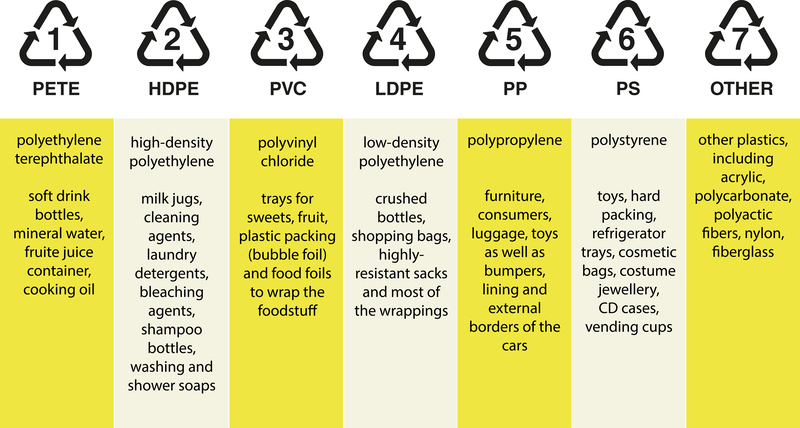Making an Impact: Involvement in Your Town's Recycling Plan
Posted on 20/05/2024
In today's fast-paced world, it is becoming increasingly important for individuals to take a proactive role in reducing their impact on the environment. One way to do this is by participating in your town's recycling plan. By properly disposing of waste and recycling materials, you can make a positive impact on the environment and your community. In this article, we will explore the benefits and potential pitfalls of getting involved in your town's recycling plan.
Understanding Your Town's Recycling Plan
Before diving into the benefits of participating in your town's recycling plan, it is important to have a basic understanding of what it entails. Most towns or cities have a designated system for collecting and sorting recyclable materials. This may include curbside pickup, drop-off locations, or special events for hazardous materials. It is crucial to familiarize yourself with your town's specific plan and guidelines for recycling to ensure that you are following proper procedures.

The Pros of Getting Involved
Participating in your town's recycling plan has numerous benefits, both for the environment and your community. The most obvious advantage is that by recycling, you are diverting waste from landfills, which helps reduce pollution and conserve natural resources. Recycling also saves energy and reduces greenhouse gas emissions compared to producing new materials from virgin resources.
In addition to the environmental benefits, being involved in your town's recycling plan can also strengthen local economies. Many communities have implemented "buy local" campaigns to support businesses within the area. By purchasing products made from recycled materials, you are not only promoting sustainability but also supporting local businesses that use these materials.
Another advantage of participating in a recycling program is that it can help reduce waste management costs for your community. When individuals properly recycle, less trash ends up in landfills or incinerators, which can be costly to operate and maintain. By reducing these costs, towns can allocate more resources to other important community projects.
The Cons to Consider
While recycling has numerous benefits, there are also some potential pitfalls to keep in mind. One common challenge with recycling is contamination of materials. When non-recyclable items are mixed in with recyclables, it can cause problems during the sorting process and may result in the entire batch being rejected. This emphasizes the importance of properly sorting and cleaning recyclable materials before disposing of them.
Another challenge is that not all materials can be recycled. It is crucial to research your town's recycling guidelines or contact your local waste management facility to determine which items can be recycled and which cannot. By doing so, you can avoid mistakenly placing non-recyclable materials in the recycling bin, which can lead to contamination and potentially harm the environment.
Tips for Making an Impact
To make a significant impact through your participation in your town's recycling plan, here are a few tips to keep in mind:
1. Educate yourself: Take the time to understand your town's recycling program and guidelines. This will help you avoid mistakes and ensure that you are properly participating.
2. Follow proper sorting procedures: Properly sort recyclable materials and clean them before placing them in designated bins or areas. This will help prevent contamination and ensure that the materials can be effectively recycled.
3. Reduce waste whenever possible: Recycling is just one part of a larger sustainable lifestyle. Consider ways to reduce waste by using reusable bags, containers, and products whenever possible.
4. Encourage others: Share your knowledge about recycling with family, friends, and neighbors. Encouraging others to participate can greatly increase the impact on the environment.

Takeaways
Participating in your town's recycling plan has many benefits for both the environment and your community. By diverting waste from landfills, supporting local economies, and reducing waste management costs, you can make a positive impact in your town. However, it is essential to properly understand and follow guidelines to avoid potential pitfalls such as contamination and placing non-recyclable items in the recycling bin.
Conclusion
In conclusion, taking an active role in your town's recycling plan can have a significant impact on the environment and your community. By educating yourself, following proper procedures, and encouraging others to join in, you can contribute to a more sustainable future for generations to come. So make a conscious effort to recycle and reduce waste, and together we can all make a positive impact on our planet.
Latest Posts
Eco-Friendly Home Organization
Dispose with Care: Responsible Strategies for Removing Waste
Sustainable Solutions for Commercial Waste
Sustainable Solutions: A Closer Look at London's Waste Reduction Efforts

 020 3744 5712
020 3744 5712










